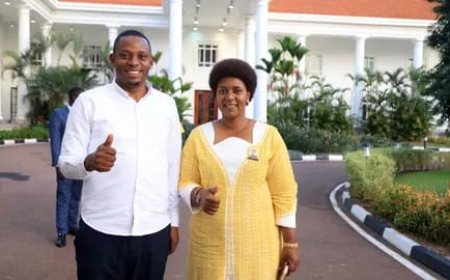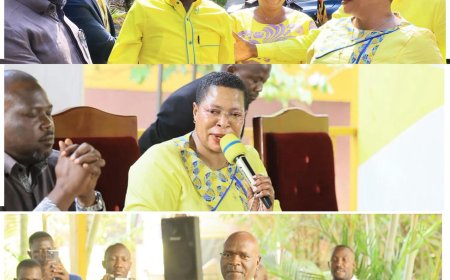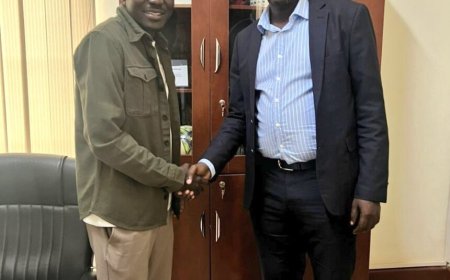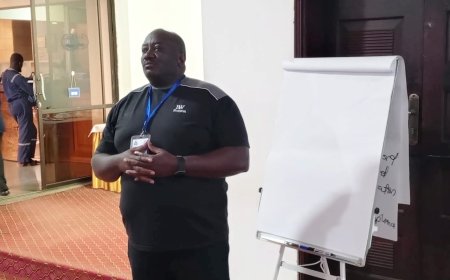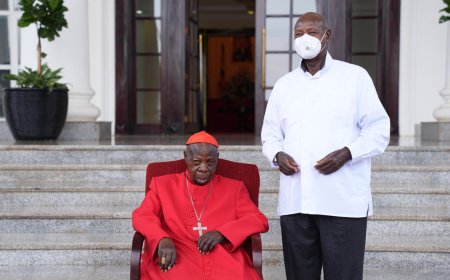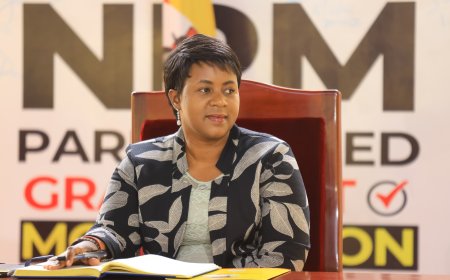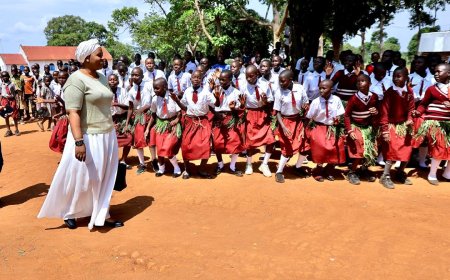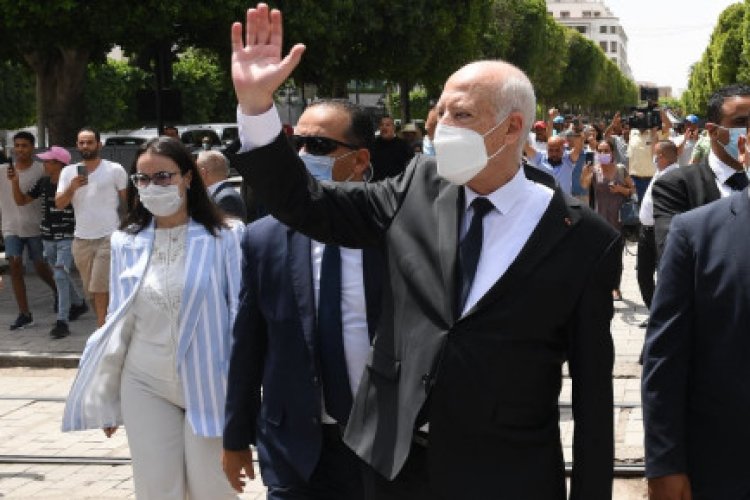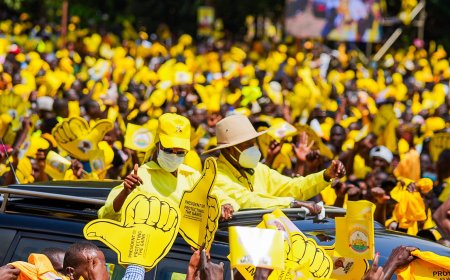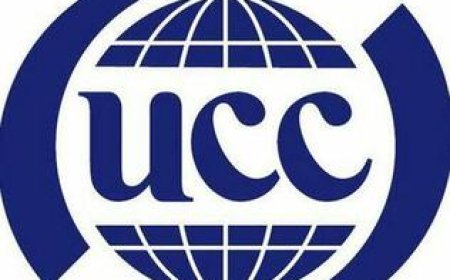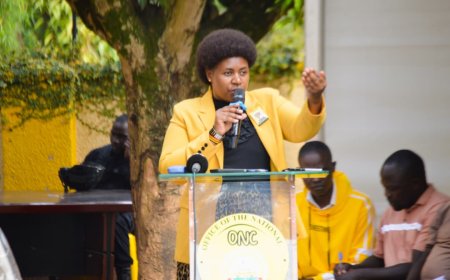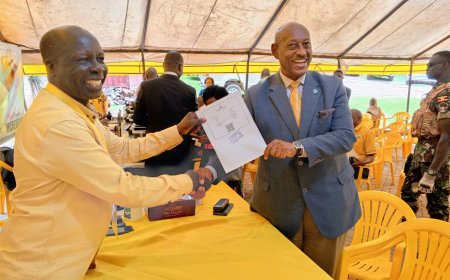Tunisia: From president's power grab to referendum
A protracted deadlock grips the North African country between Saied, elected in 2019, prime minister Hichem Mechichi and parliament speaker Rached Ghannouchi, leader of the Islamist-inspired Ennahdha party.
TUNIS - Tunisians will vote on a new constitution on Monday, the first anniversary of a power grab by President Kais Saied, who has since steadily tightened his grip.
Here is a timeline of events over the past year:
PARLIAMENT SUSPENDED
A protracted deadlock grips the North African country between Saied, elected in 2019, prime minister Hichem Mechichi and parliament speaker Rached Ghannouchi, leader of the Islamist-inspired Ennahdha party.
The stalemate cripples management of the COVID pandemic.
On 25 July, thousands of Tunisians join protest marches against the Ennahdha-backed government as recorded Covid deaths surge to one of the highest rates per head in the world.
That night Saied suspends parliament for 30 days, surrounding it with tanks, and dismisses the prime minister, citing an article in the 2014 constitution he says allows him to take "exceptional measures" to protect the state.
Saied says he will pick a new premier and remove immunity from MPs, whom he accuses of corruption. He warns armed opposition will be met with a "rain of bullets".
Ennahdha slams Saied's actions as a "coup d'etat".
RULE BY DECREE
On 24 August, Saied extends his suspension of parliament.
On 22 September, Saied assumes powers that effectively allow him to rule by decree.
On 25 September, around 20 human rights groups condemn his actions and warn of a slide back towards authoritarianism.
The next day about 2,000 Tunisians rally in the capital to protest Saied's "coup d'etat".
FIRST WOMAN PM
On 29 September, Saied names little-known geologist Najla Bouden, as the Arab world's first-ever female prime minister.
On 10 October, at least 6,000 people demonstrate in Tunis against the president, a week after some 10,000 of Saied's supporters turned out in force across the country.
Bouden forms a government on 11 October , but Saied himself heads the cabinet.
SAIED PRESENTS ROADMAP
On 13 December, Saied presents a roadmap, calling a 25 July, 2022 referendum on constitutional reforms and says parliament will remain suspended until new elections he sets for December 2022.
He also announces a public consultation whose results will inform a committee charged with drafting a new constitution.
JUDGES, PARLIAMENT TARGETED
On 5 February, 2022 he dissolves top independent judicial watchdog the Supreme Judicial Council (CSM), accusing it of bias and replacing it with a body under his control shortly afterwards.
On 30 March, Saied announces that he is dissolving parliament, hours after lawmakers held a plenary session online and passed a bill against his "exceptional measures".
On 22 April, Saied assigns himself the power to appoint the head of the electoral commission.
On 2 June, he sacks 57 judges accused of corruption and other crimes, a day after passing a new law strengthening his grip on the courts.
DICTATORSHIP
On 30 June, the text of a new constitution giving vastly more powers to the president is published in the official journal.
On 3 July, Sadeq Belaid, the legal expert who oversaw the drafting of the new constitution submitted to Saied, says the version Saied published has been changed in a way that could lead to a dictatorship.
On 7 July, Ennahdha urges its supporters to boycott the referendum, saying it would "lead to a repressive, authoritarian regime".
On 9 July , Saied publishes a slightly amended draft of the constitution.
